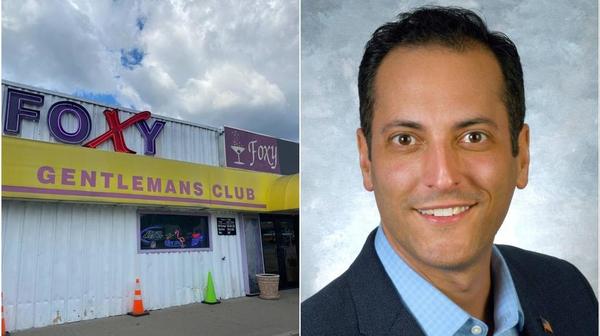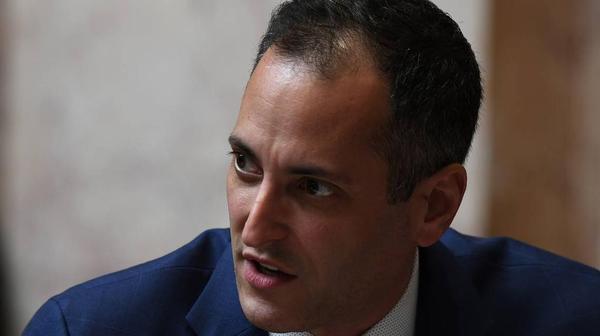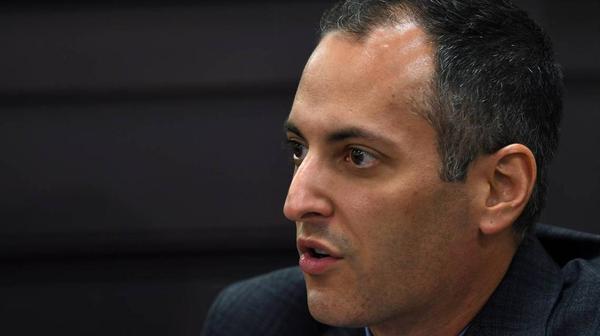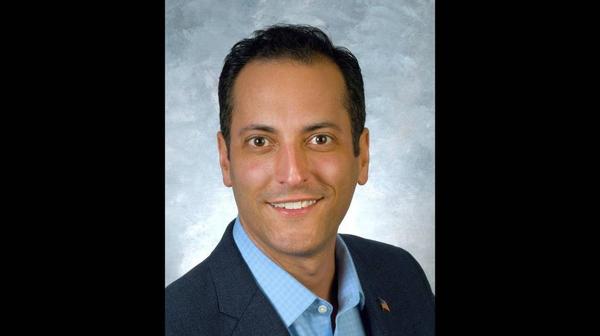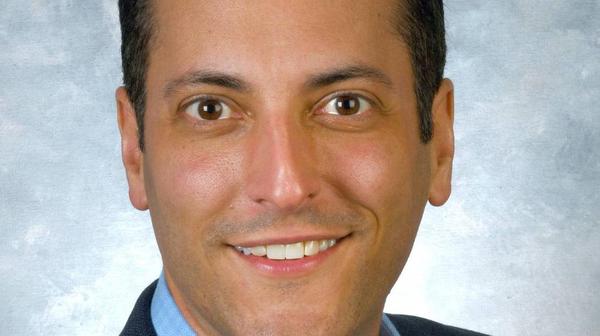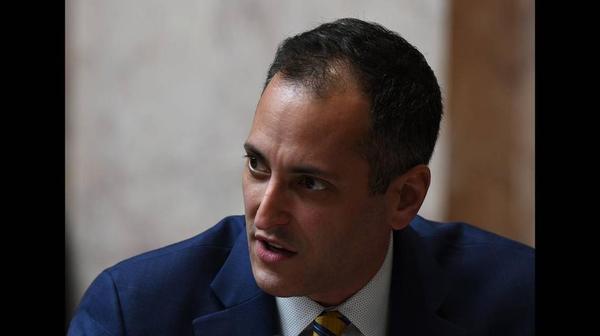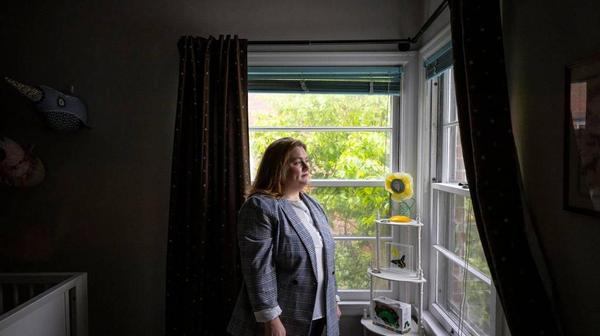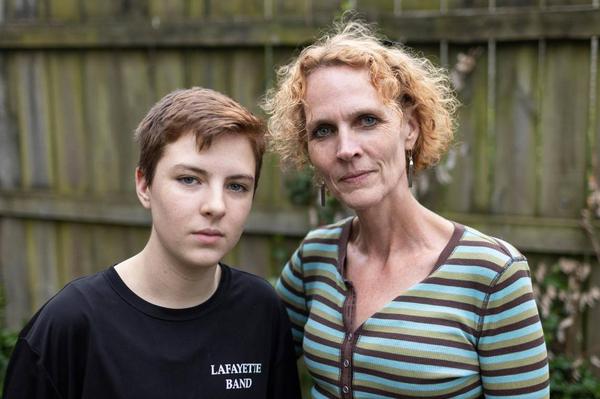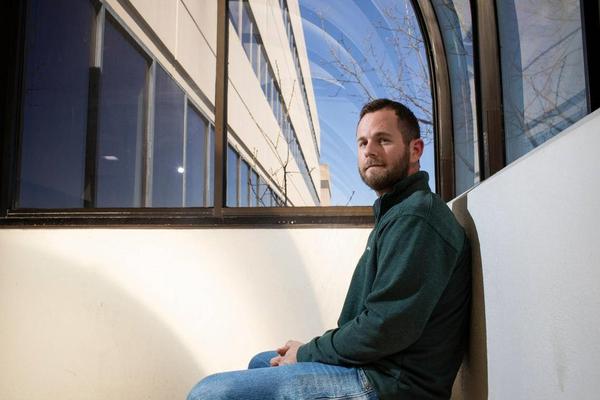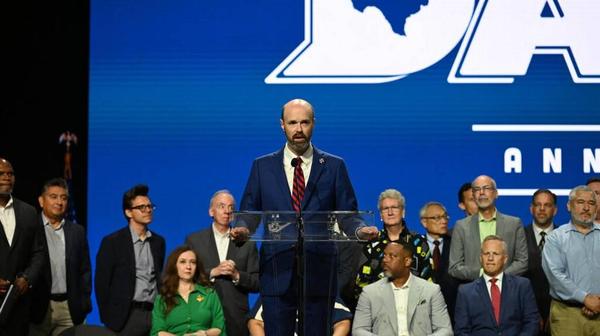
This Southern Baptist leader in KY is leading the church’s charge to overturn gay marriage
Since the Supreme Court legalized gay marriage in 2015, Andrew Walker of Louisville has devoted much of his adult life working to get it overturned. That decade-long effort reached a milestone in June at the Southern Baptist Convention’s annual meeting, where one of the largest evangelical bodies in the country voted to codify its position against gay marriage and transgender rights. As head of the SBC’s resolution committee, Walker, an associate professor of Christian ethics and public theology at the Southern Baptist Theological Seminary in Louisville, was the architect of the resolution, titled “On Restoring Moral Clarity through God’s Design for Gender, Marriage and the Family.” It pointedly calls on the Supreme Court to overturn Obergefell v. Hodges, the landmark case that legalized same-sex marriage a decade ago. That decision, and other policies affirming gay and trans people’s rights, “deny the biological reality of male and female are legal fictions, undermine the truth of God’s design and lead to social confusion and injustice,” and “defy God’s design for marriage and family,” the resolution reads. Nearly 11,000 “messengers,” or members of Southern Baptist churches across the country, attended the June conference in Dallas. Contrasted against the divisive vote in 2023, when members only narrowly rejected a formal ban on churches with women pastors after fraught debate, passage of Walker’s resolution, which wades into some of the most barbed culture war issues, passed easily and with little fanfare. Walker wasn’t surprised by this. “I can understand why this might be audacious from the perspective of the secular media,” he said. “The majority of Americans affirm same-sex marriage, so why would you risk name and reputation to say something that would be perceived as backwards by American standards today? “But internally within the SBC, this is not remotely controversial.” Walker, who is also associate dean of theology at the SBC’s flagship seminary, described the approval of the resolution as one component of an ongoing process to reclaim marriage, legally and morally, as exclusively between a man and a woman.




